Distance Studies
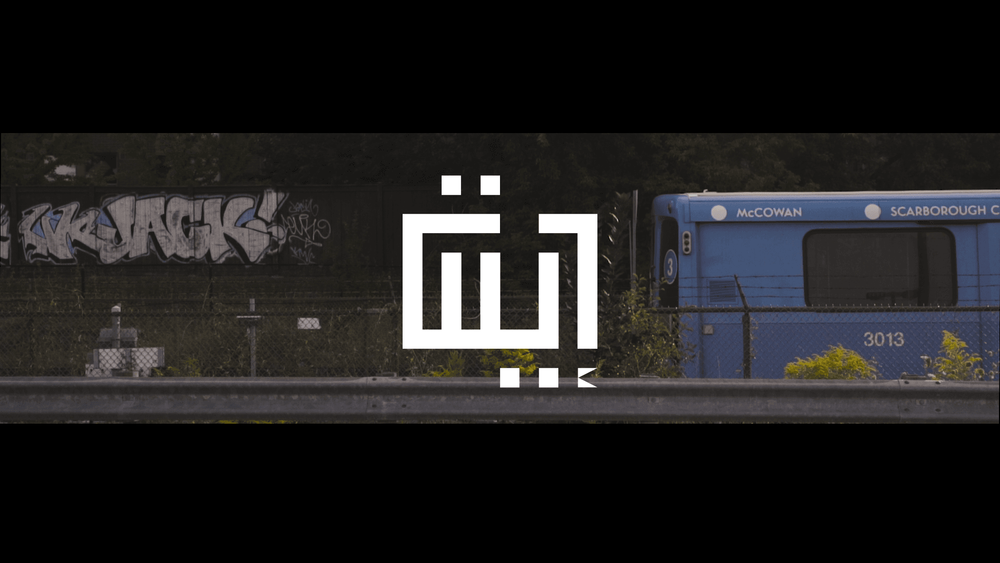
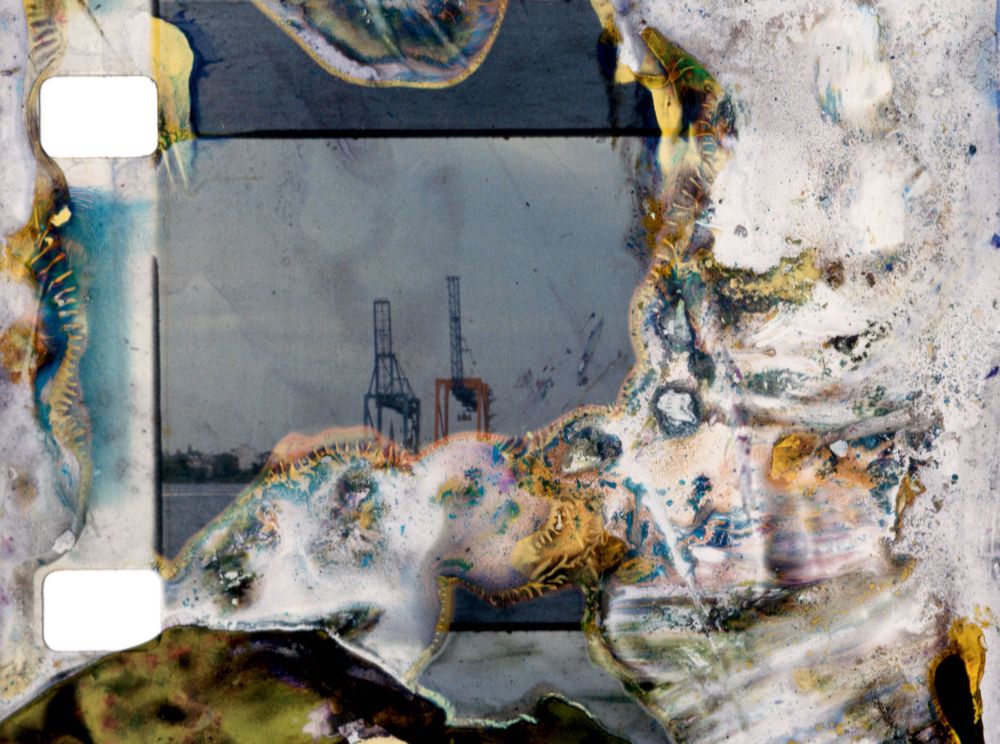
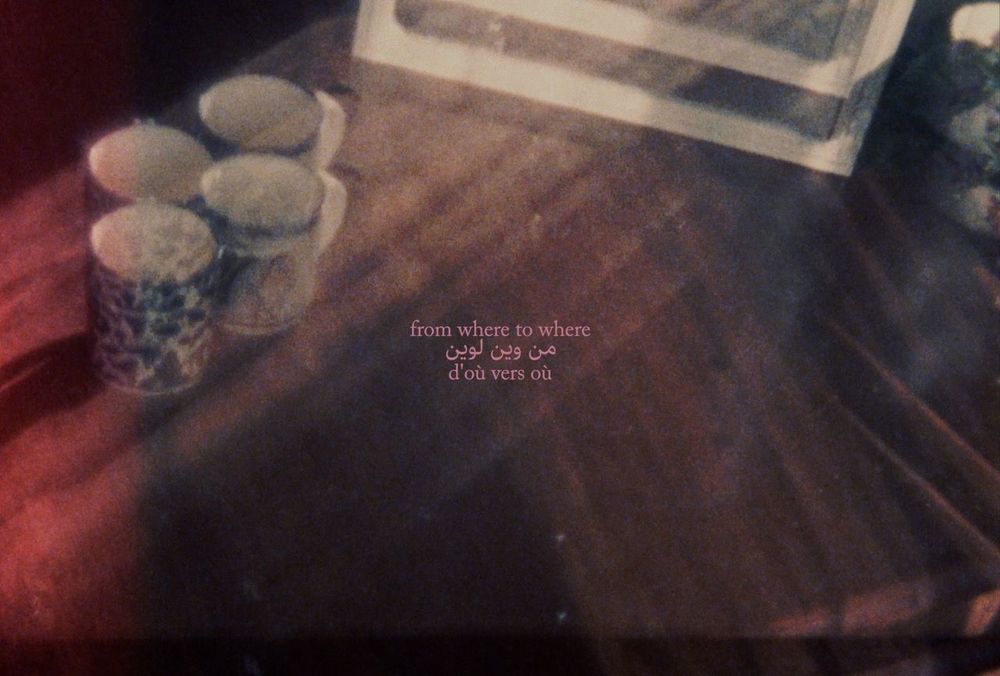
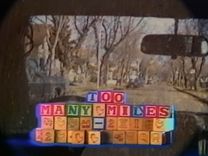
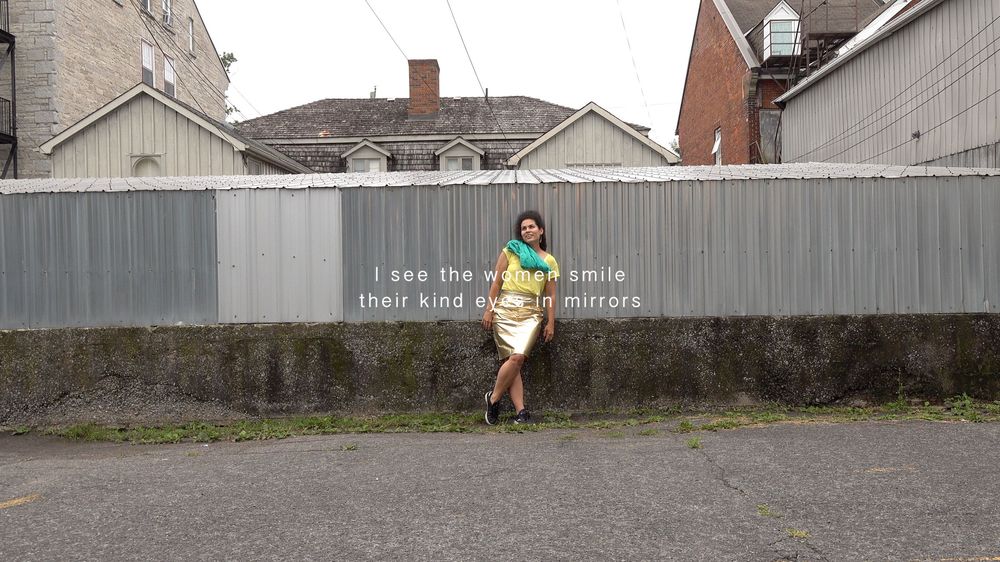
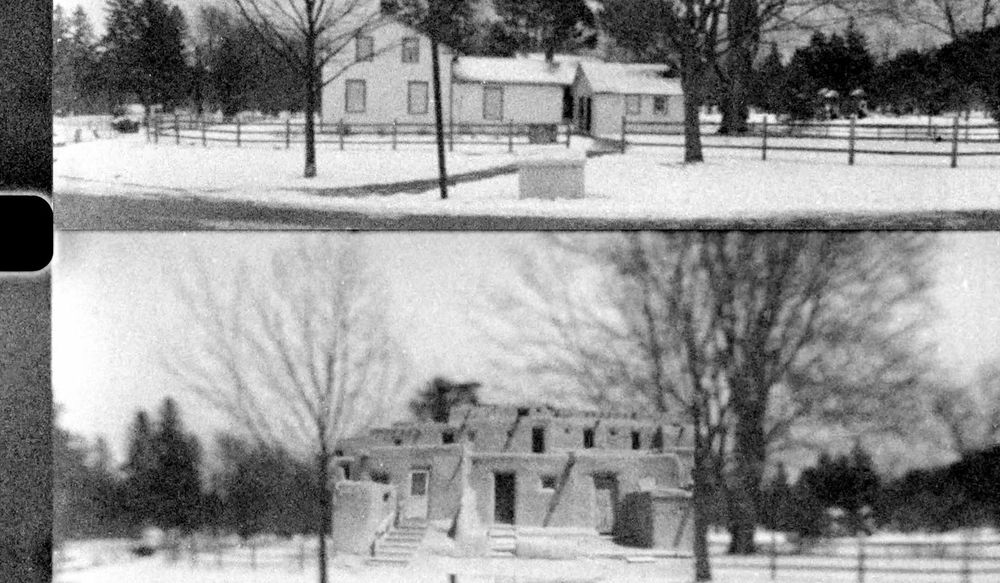
EAST
Noor KhanIn East, Khan communicates the crisis of having been robbed of a homeland, while also settling and being complicit in the destruction of the home of Indigenous peoples. The film considers her responsibility as a settler since she sees no return home for herself and her community.
1411 Dufferin Street, Unit D, Toronto, ON, M6H 4C7
For a map to Canadian Filmmakers Distribution Centre (CFMDC), click here
Distance Studies traces a series of relationships that exceed linear space and time. This selection of works by artists and filmmakers Noor Khan, Cheryl L’Hirondelle, Elizabeth M. Webb, Nada El-Omari, and Tanya Lukin Linklater ask, what does it mean to know someone? Must they be within arm’s reach? What can we access through shared spaces? Some pose inquiries around how physical distance blurs definitions of ‘home’, while others trace distances between inhabited spaces, and still others foreground memory and familial knowledge as something immediate. These films consider what haunts us, what we embody, and what we learn about ourselves through people and spaces that are absent, or once were.
Cheryl L’Hirondelle (Cree/Halfbreed; German/Polish) is an award-winning and community-engaged interdisciplinary media artist, singer/songwriter, and critical thinker whose family is from Papaschase First Nation / amiskwaciy wâskahikan (Edmonton) and Kikino Metis Settlement, Alberta. Her work investigates and articulates the intersections of nêhiyawin (Cree worldview) and contemporary time-place incorporating sound, Indigenous languages, music, and old and new technology.
Elizabeth M. Webb is an artist and filmmaker originally from Charlottesville, Virginia. Her work is invested in issues surrounding race and identity, often using the lens of her own family history of migration and racial passing to explore larger, systemic constructs. She has screened and exhibited in the U.S., United Kingdom, Canada, Japan, Ecuador, Singapore, Switzerland, Mexico, Spain, Austria, Norway and Germany and was a recipient of the inaugural Allan Sekula Social Documentary Award.
Nada El-Omari is a filmmaker and writer of Palestinian and Egyptian origin based in Montreal. She centeres her practice and research interests on the intergenerational transmissions of memories, displacement and the stories of belonging and identity through a poetic, hybrid lens. Her films have recently been shown at Nuit Blanche Toronto, Les Instants Vidéos, NYU’s Orphan Films Symposium, Belfast Film Festival, Palestine Cinema Days, Visions Cairo, Toronto Palestine Film Festival, and Shasha and Tenk.
Noor Khan is a community-engaged multidisciplinary artist, art director and producer. She was raised in Scarborough, born in Saudi Arabia, with roots in South Asia. She holds an M.F.A in Community Arts and a Certificate in College Teaching of Art from Maryland Institute College of Art (MICA), a Certificate in Digital Art from OCAD University, and a B.A. in Community Development from the University of Toronto.
Tanya Lukin Linklater's practice cites Indigenous dance and visual art lineages, structures of sustenance, and weather as an organizing force. She undertakes embodied inquiry and rehearsal in relation to scores and ancestral belongings in museums and elsewhere alongside dance artists, composers, and poets. Through collaboration, her work reckons with histories that affect Indigenous peoples’ lived experiences, (home)lands, and ideas. She continues to write in relation to what she has come to call felt structures.

